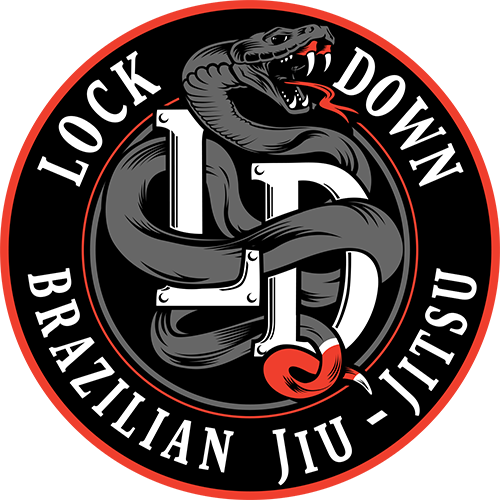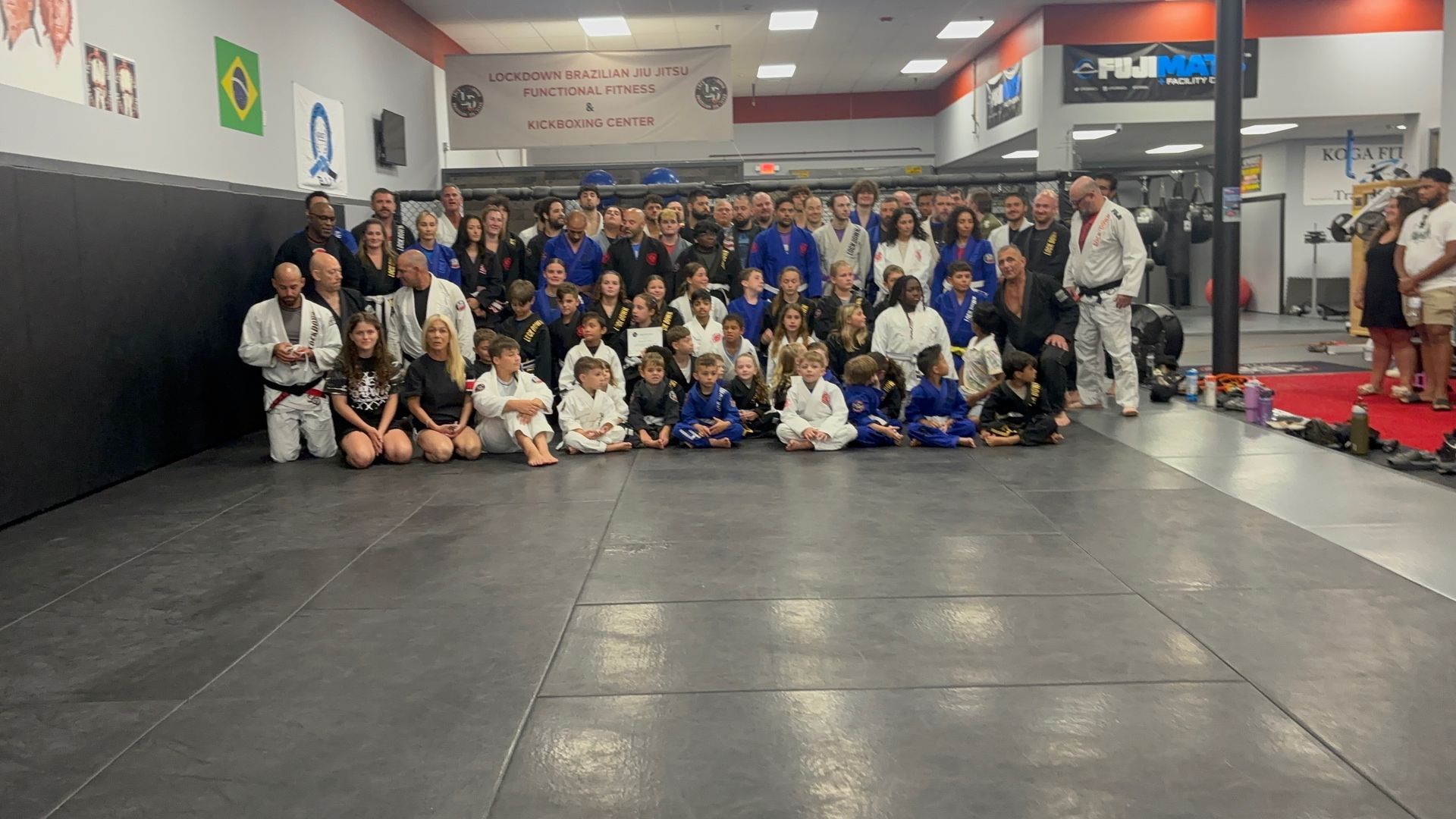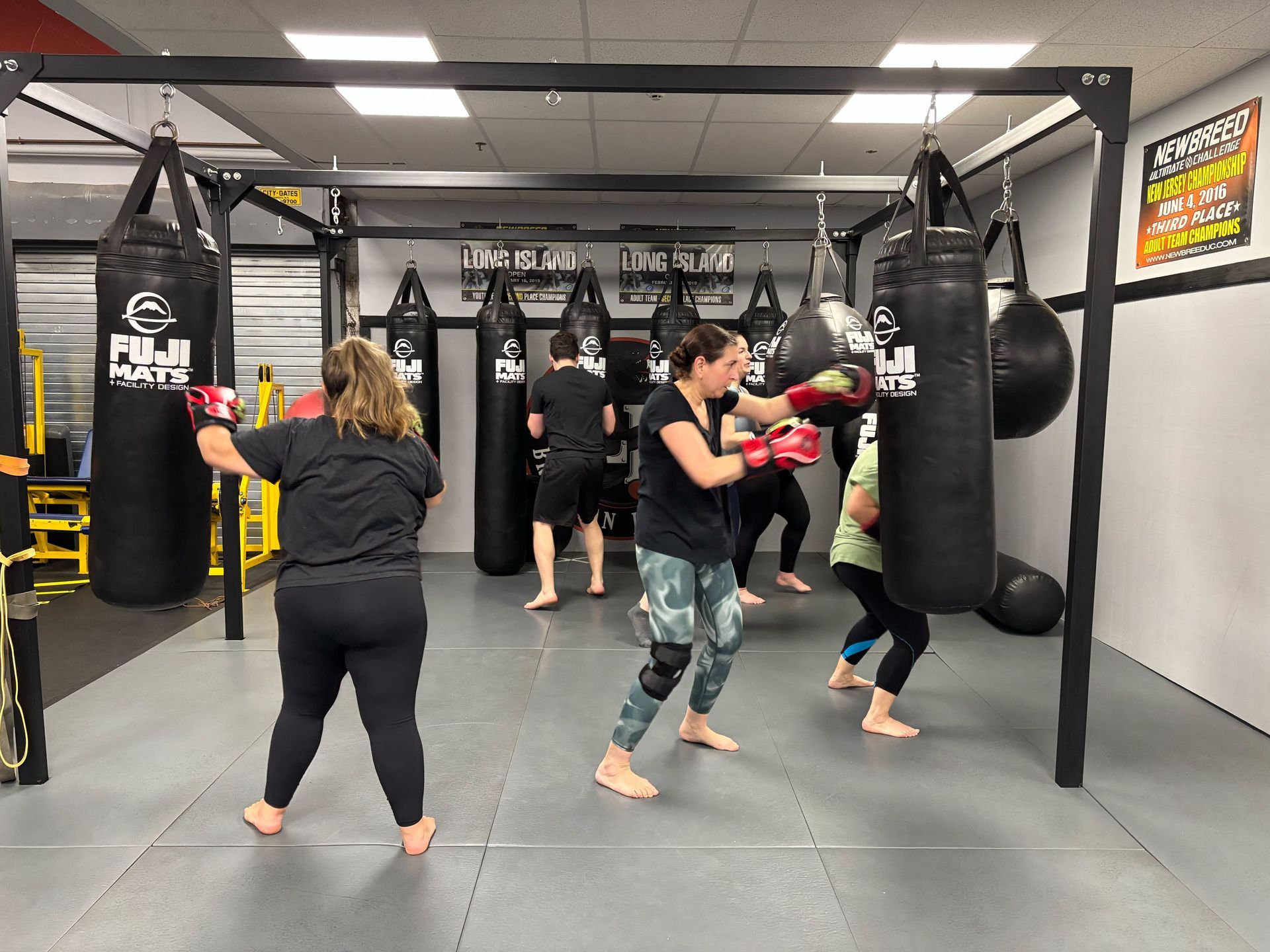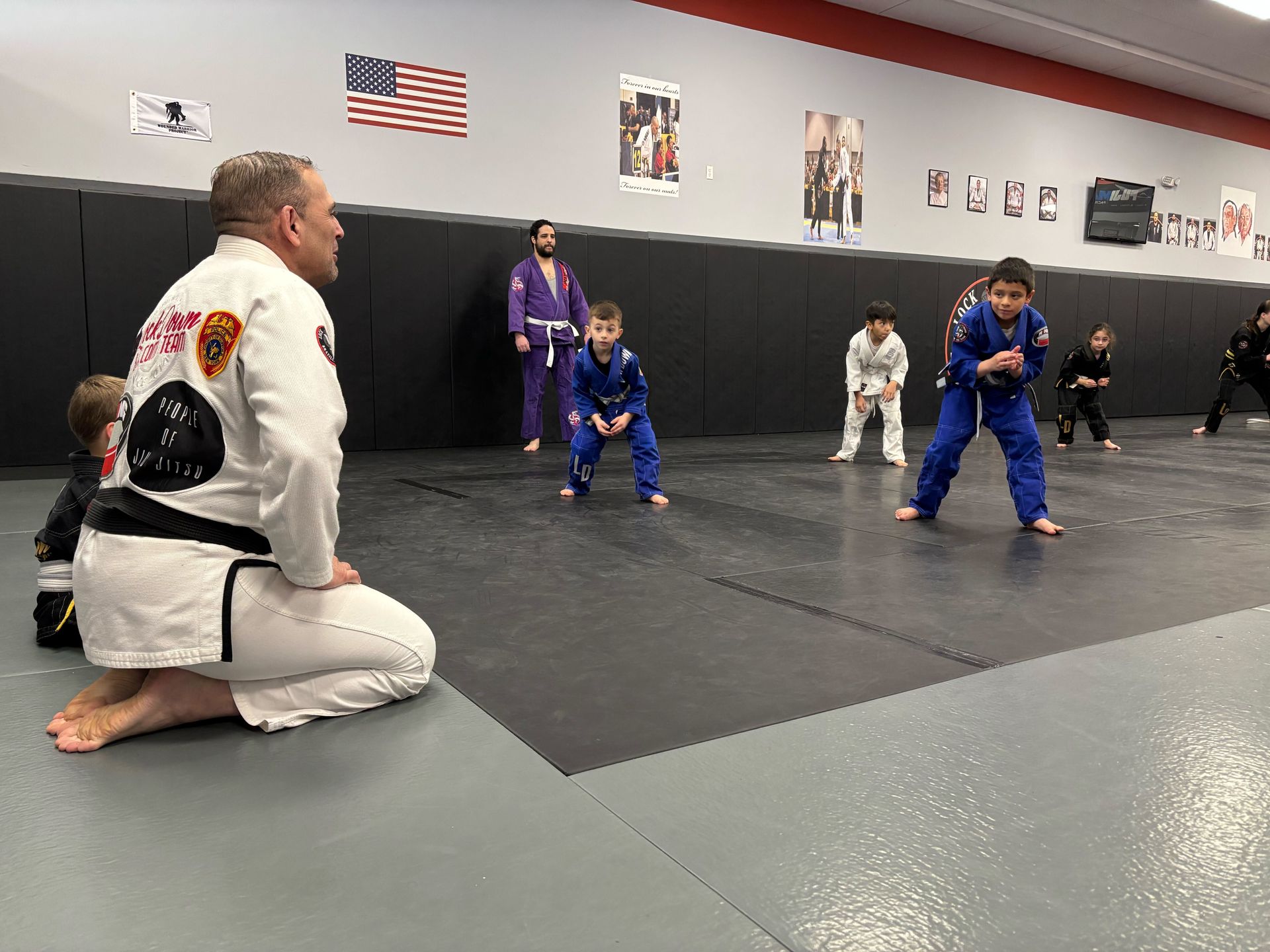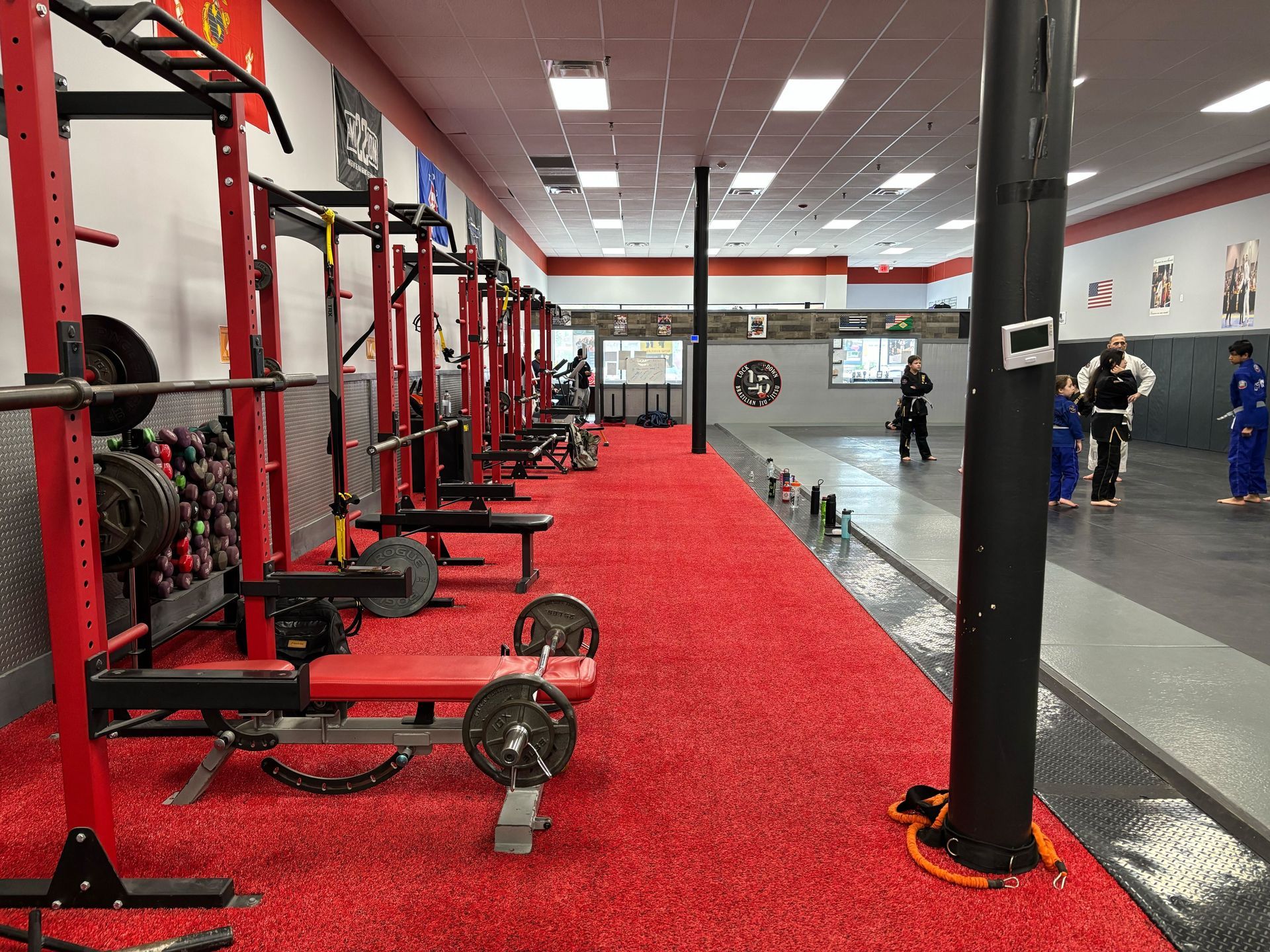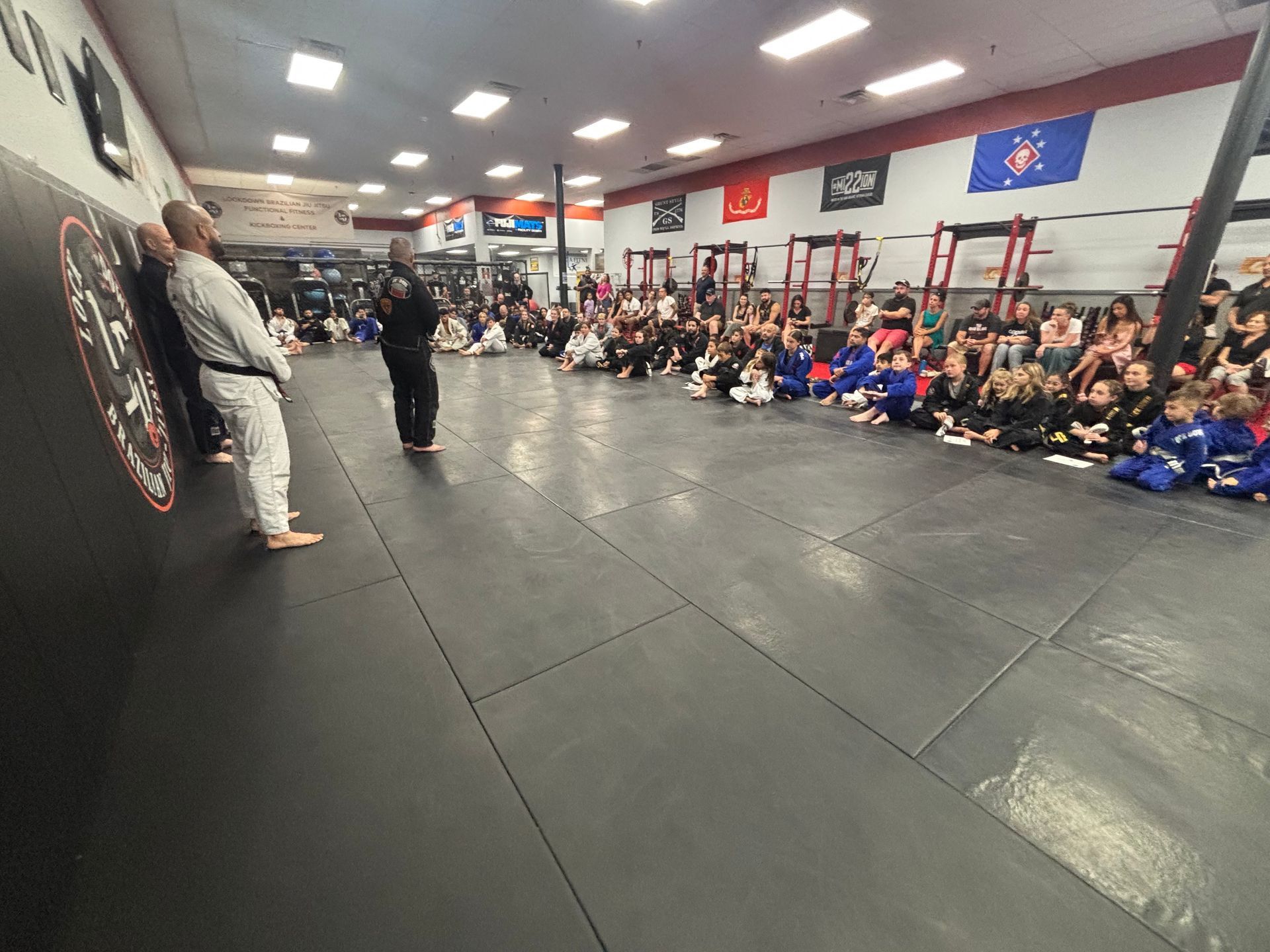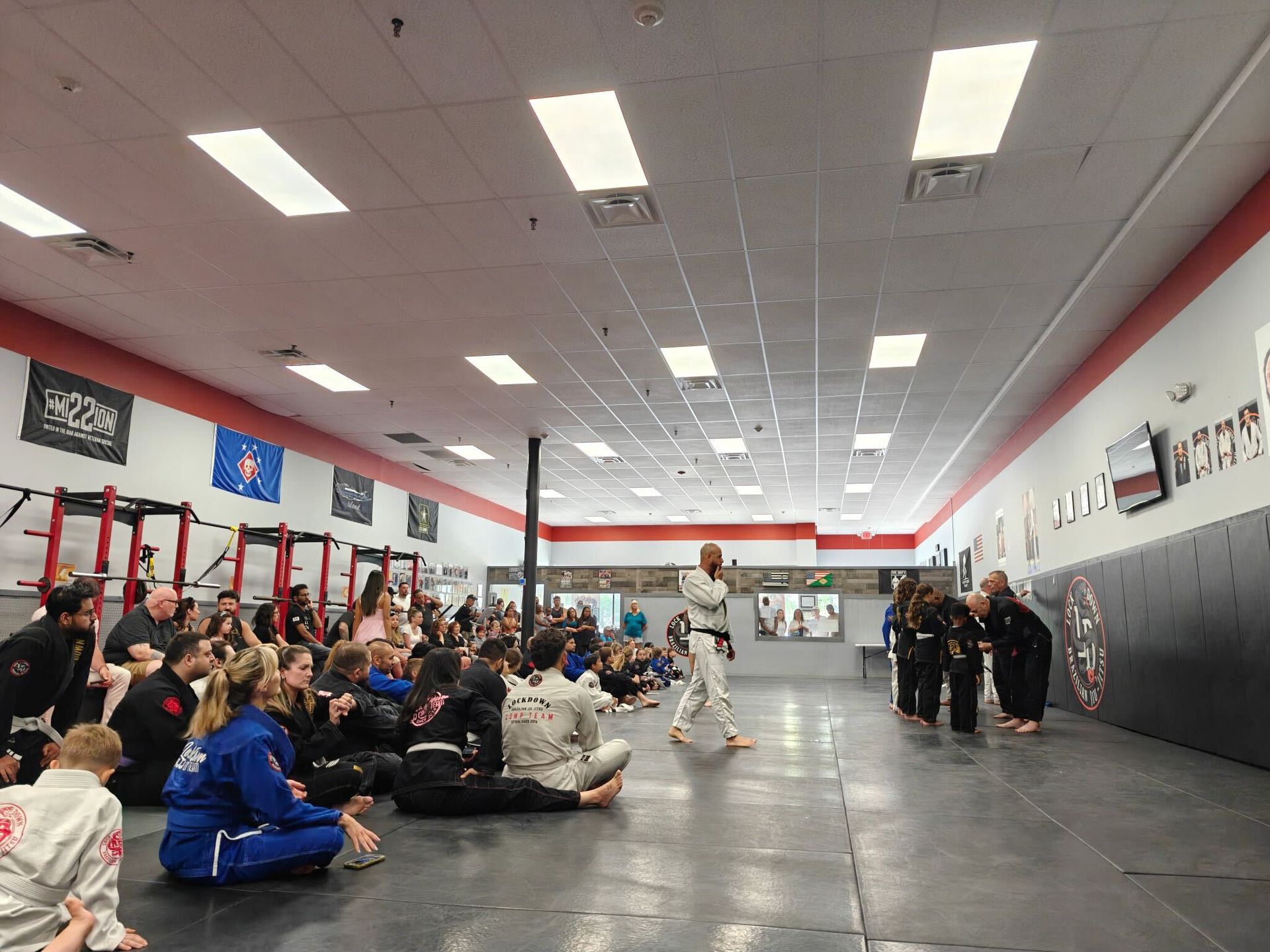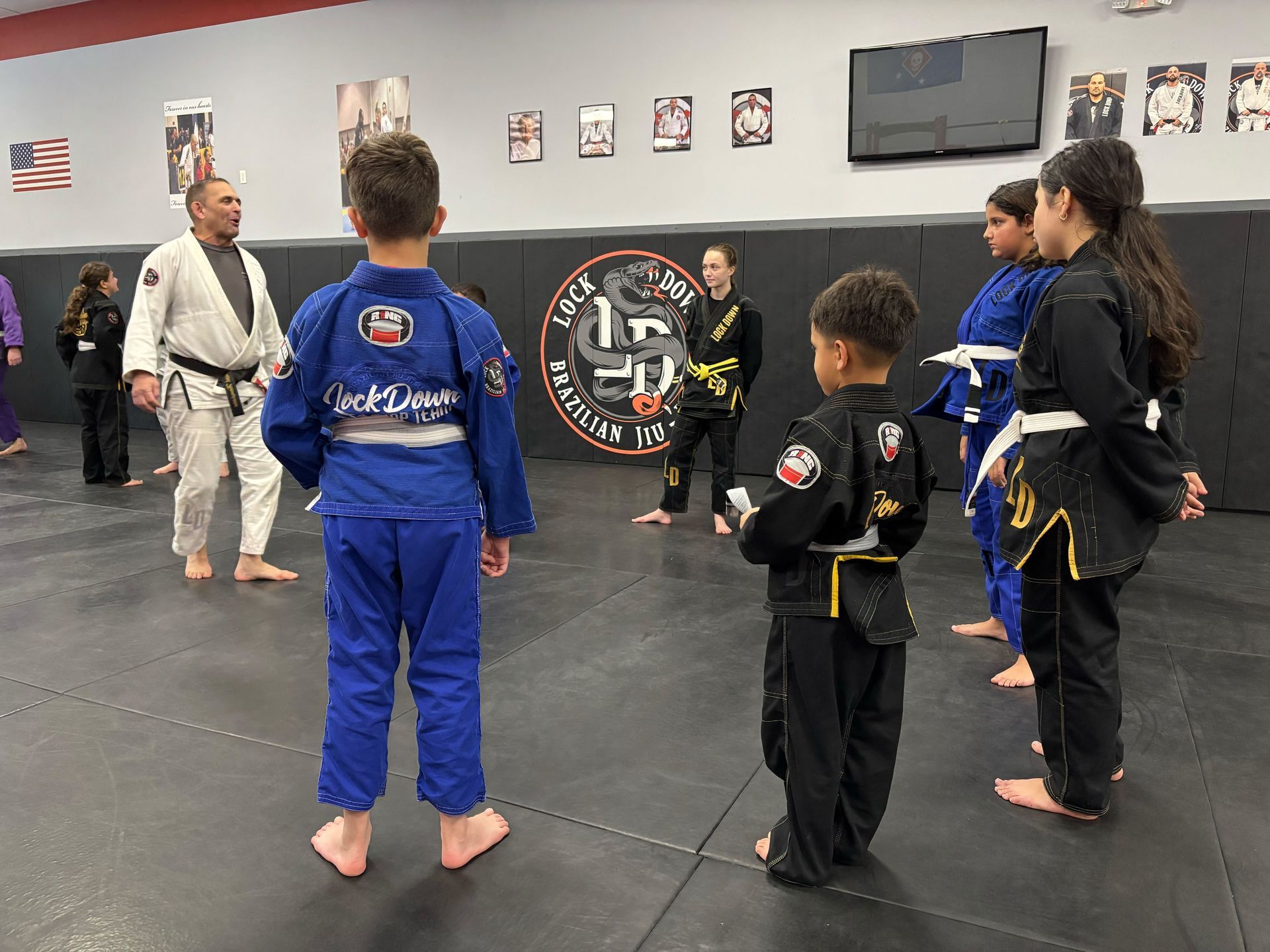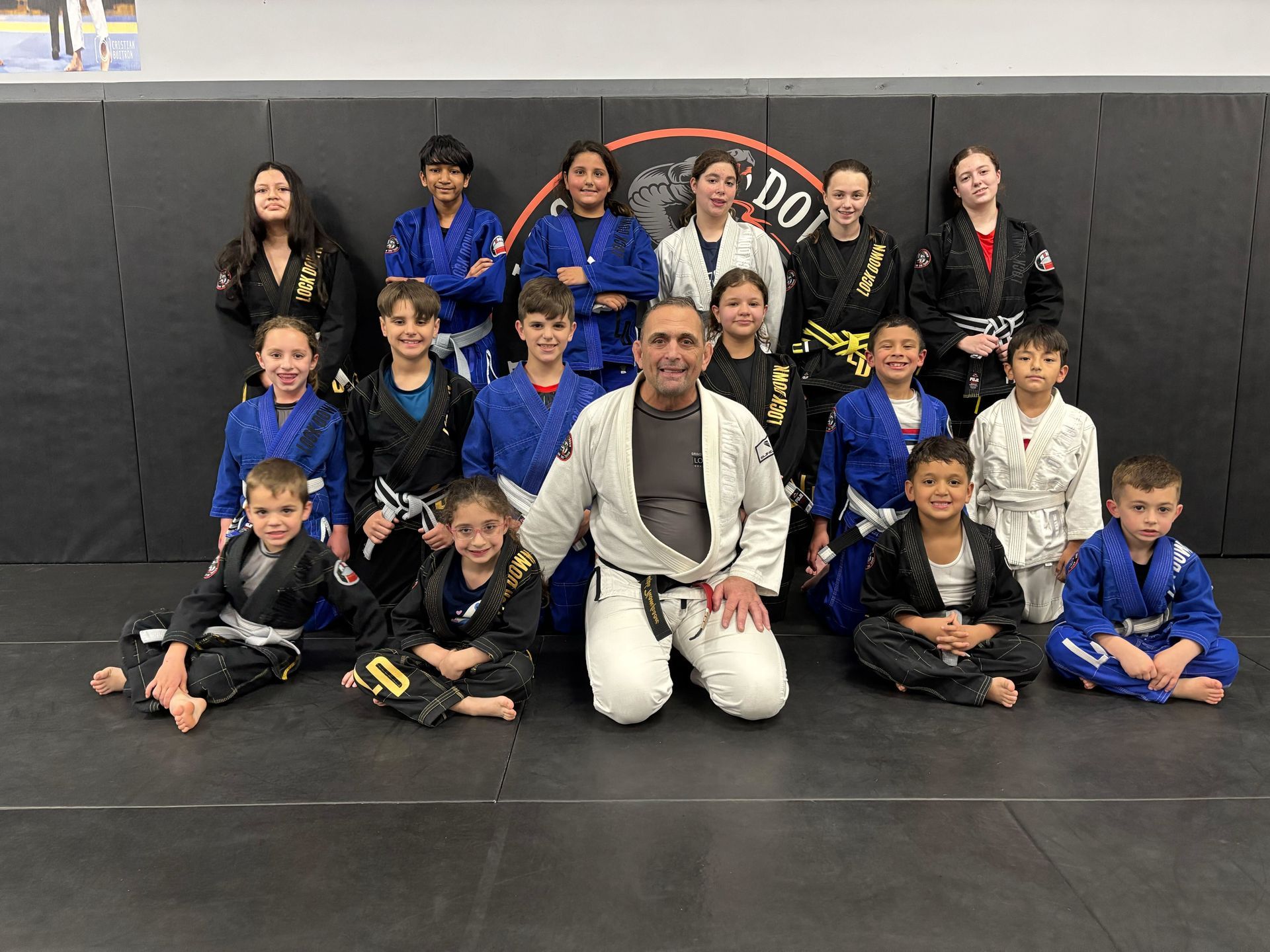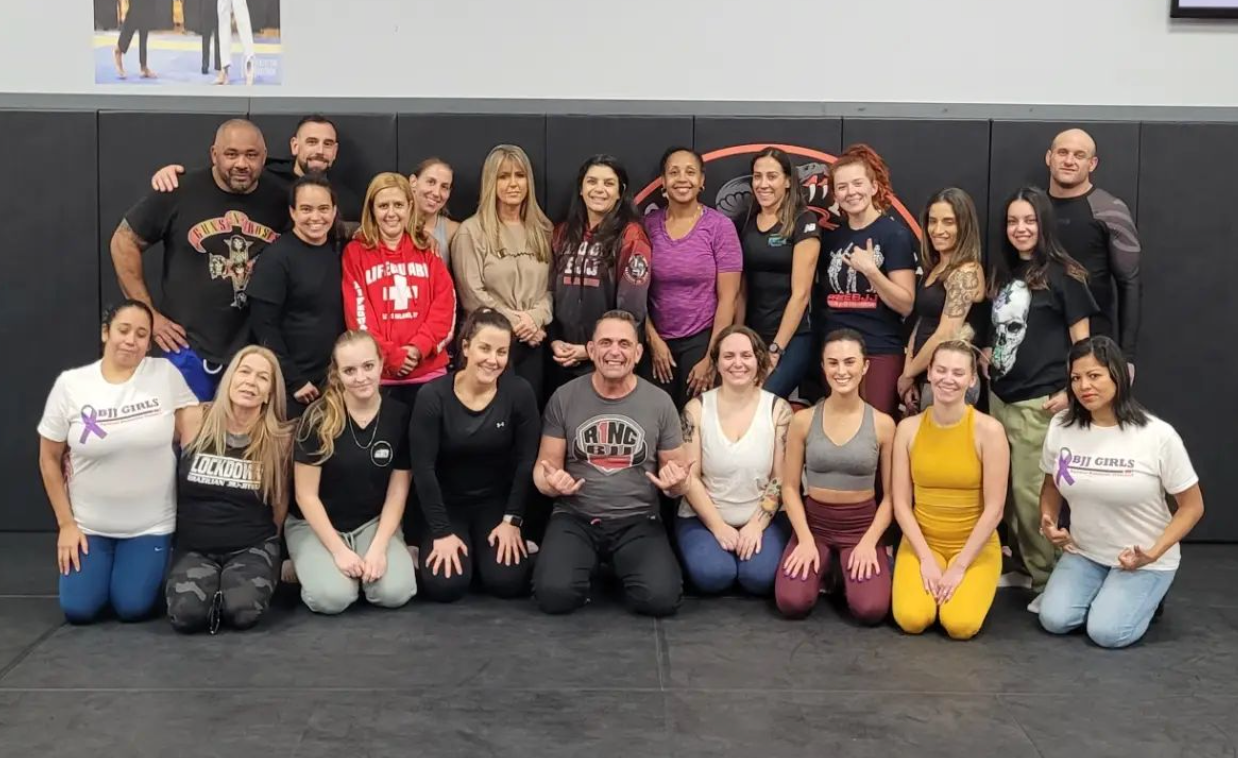Brazilian Jiu-Jitsu (BJJ) has grown from a niche martial art into a global phenomenon.
Central to this growth is the International Brazilian Jiu-Jitsu Federation (IBJJF), which plays a pivotal role in organizing, regulating, and promoting the sport on a global scale. But what exactly is the IBJJF, and how does it impact Brazilian Jiu-Jitsu? This article explores the structure, role, and influence of the IBJJF, its contributions to the growth of the sport, and the controversies that come with its authority.
Introduction to IBJJF
The International Brazilian Jiu-Jitsu Federation (IBJJF) is the primary governing body for Brazilian Jiu-Jitsu worldwide. Formed to standardize BJJ rules, tournaments, and rankings, the IBJJF has had a profound impact on how the sport is practiced and understood globally. The federation provides a structured and consistent framework for both practitioners and athletes, helping to transform what was once an informal martial art into a respected, professional sport.
The IBJJF is often seen as the leading authority for competition-based BJJ, setting the tone for everything from how matches are scored to how athletes train and compete. Their influence touches every aspect of the sport, from beginners learning the basics to world-class black belts vying for championship titles.
History of the IBJJF
The IBJJF was founded in 2002 by Carlos Gracie Jr., a member of the famed Gracie family, which was instrumental in the development of Brazilian Jiu-Jitsu. The roots of the organization, however, trace back to the early Confederation of Brazilian Jiu-Jitsu (CBJJ) in Brazil, which was established in 1994. Carlos Gracie Jr. envisioned a formal structure to help organize BJJ in a way that could be internationally recognized, eventually leading to the creation of the IBJJF as an overarching international body.
Since its inception, the IBJJF has overseen a meteoric rise in BJJ's global presence, holding tournaments across multiple continents and setting international standards for belts, competition, and certification.
IBJJF's Role in Brazilian Jiu-Jitsu
The IBJJF's role is crucial to maintaining consistency and professionalism in Brazilian Jiu-Jitsu. Through its ruleset and organizational structure, it has standardized many aspects of the sport, ensuring that practitioners and competitors worldwide adhere to the same guidelines. These regulations govern everything from how belt promotions are handled to the specific techniques allowed or prohibited in tournaments.
By enforcing uniformity in competition, the IBJJF has created a platform where athletes can showcase their skills in a controlled, safe, and fair environment. Its impact on athlete preparation and certification cannot be overstated, as those looking to compete at the highest levels must abide by the IBJJF’s rigorous requirements.
IBJJF Organizational Structure
The IBJJF operates as a highly structured organization. It is led by a board of directors, with Carlos Gracie Jr. still playing an influential role. Below the top leadership are numerous committees and regional representatives who help organize tournaments, enforce rules, and ensure that standards are upheld across the globe. The organization’s influence extends not only to high-level competitions but also to local and regional events, giving it a grassroots connection with BJJ practitioners.
Affiliated academies around the world adhere to IBJJF rules, meaning that the federation's reach stretches deep into the day-to-day training of BJJ practitioners. This structure helps maintain the global coherence of the sport while also addressing local needs.
Belt Ranking System in IBJJF
One of the most critical functions of the IBJJF is overseeing the BJJ belt ranking system. While many academies have their own traditions, the IBJJF has created a formalized system that standardizes the requirements for promotions from white to black belt and beyond. The federation sets clear guidelines for what each belt represents in terms of skill level, time-in-rank, and age requirements.
For example, under IBJJF rules, the journey from white belt to black belt takes at least 10 years, with specific requirements for time spent at each belt level. Black belts must also meet additional criteria to progress through the Dan (degree) ranks, ensuring a meritocratic and structured system.
IBJJF Rules and Regulations
The IBJJF has created an extensive rulebook that governs competition at all levels. These rules determine how matches are scored, what techniques are legal, and which actions can lead to disqualification. Some of the most important rules include:
- Scoring system: Points are awarded for achieving dominant positions such as passing the guard, mounting an opponent, or performing sweeps. Points create a strategic element in matches, influencing how competitors approach the fight.
- Prohibited moves: Certain techniques, especially dangerous ones like spinal locks or knee reaping, are illegal in IBJJF tournaments, with disqualification as a potential consequence.
- Match duration: Depending on the belt level, matches can last between 5 and 10 minutes, with black belt matches being the longest.
These rules ensure that IBJJF competitions are conducted fairly and safely, though they have also been a point of contention among practitioners who prefer more lenient rules.
The IBJJF Weight Classes
To ensure fair competition, the IBJJF defines weight classes that competitors must adhere to. These weight classes vary slightly between gi (traditional kimono) and no-gi competitions but follow a consistent framework. From the lightest Roosterweight to the heaviest Ultra Heavyweight, the IBJJF has created divisions that allow athletes of similar size to compete against each other, ensuring balanced and fair matchups.
This categorization helps promote fair play and prevents mismatches where one competitor might have a significant weight advantage over the other.
IBJJF Competitions and Tournaments
The IBJJF organizes some of the most prestigious tournaments in Brazilian Jiu-Jitsu, attracting elite competitors from around the world. Among these, the IBJJF World Jiu-Jitsu Championship (commonly known as the Mundials) stands out as the pinnacle of competition in the sport. Other major tournaments include:
- Pan Jiu-Jitsu Championship
- European Open Championship
- Brazilian National Championship
These tournaments have become key events on the BJJ calendar, giving athletes the opportunity to test themselves against the best in the world and earn prestige and recognition within the sport.
How the IBJJF Influences Athletes
For athletes, the IBJJF represents a path to legitimacy and recognition. Competing in IBJJF-sanctioned tournaments is often seen as a rite of passage for those looking to make a name for themselves in the sport. The IBJJF's strict requirements for belt promotions, training certifications, and tournament entry create a structured pathway for athletes to follow as they progress in their careers.
In addition, IBJJF competition experience is often a key factor in gaining sponsorships, teaching opportunities, and furthering one's reputation as a skilled practitioner.
Controversies Surrounding IBJJF
While the IBJJF has played a pivotal role in the growth and organization of Brazilian Jiu-Jitsu, it has not been without its critics. Some of the main controversies surrounding the IBJJF involve its ruleset, the cost of competing, and its monopoly on the sport.
Ruleset limitations are often a topic of debate. The IBJJF’s strict rules—such as banning techniques like heel hooks in gi competitions and knee reaping—are seen by some as overly restrictive. These rules are intended to prevent injuries, but they also limit the techniques that many practitioners feel are an essential part of modern grappling. This has led to the rise of alternative tournaments with looser rules, such as those run by the Abu Dhabi Combat Club (ADCC) or the Eddie Bravo Invitational (EBI), where techniques like heel hooks and leg locks are allowed and encouraged.
Another common criticism is the cost of participation. IBJJF membership and competition fees are relatively high, and competitors must renew their membership annually. For many practitioners, especially those in lower-income regions, these costs can be a barrier to participating in high-level tournaments. Additionally, IBJJF tournaments require competitors to be registered with affiliated academies, further adding to the expense of being involved.
Some in the BJJ community also argue that the IBJJF operates as a monopoly. As the most recognized governing body, it holds significant sway over the sport, leaving little room for alternative organizations to gain ground. This centralization of power has led to concerns about the lack of flexibility in rules and the way the sport is marketed.
IBJJF's Global Reach
Despite the controversies, the IBJJF's global expansion has been undeniable. What started as a Brazilian institution has now become the leading authority for Brazilian Jiu-Jitsu across multiple continents. The IBJJF has helped bring legitimacy and structure to the sport, allowing it to flourish worldwide.
IBJJF-affiliated tournaments are now held in North America, Europe, Asia, Oceania, and South America, with athletes traveling internationally to compete. This global reach has helped spread BJJ far beyond Brazil, fostering the growth of new academies and practitioners in countries where the martial art was once relatively unknown.
Through its standardized rules and certification processes, the IBJJF has created a common language for Brazilian Jiu-Jitsu. Whether in São Paulo, New York, or Tokyo, practitioners and competitors know what to expect when stepping into an IBJJF-sanctioned event. This level of organization has allowed BJJ to gain a foothold in mainstream sports culture and encouraged consistent growth at both the grassroots and elite levels.
IBJJF's Role in Promoting Safety
One of the most important aspects of the IBJJF’s work is its focus on safety in competition. By enforcing strict rules around illegal techniques and match conduct, the IBJJF has created a safer environment for both amateur and professional competitors. Techniques like neck cranks, certain leg locks, and spine attacks are prohibited in most divisions to minimize the risk of serious injuries.
The IBJJF also plays a role in the anti-doping movement within the sport. Through partnerships with organizations like the United States Anti-Doping Agency (USADA), the IBJJF has implemented drug testing at major tournaments. This helps ensure fair competition and discourages the use of performance-enhancing substances, which could otherwise lead to health risks and an uneven playing field.
Another area where the IBJJF has made significant strides is in improving referee training and certification. Referees at IBJJF events are often required to undergo rigorous training and pass exams to ensure they understand the rules and can enforce them consistently during competitions. This training reduces the risk of errors that could lead to unsafe situations on the mat, improving the overall experience for both competitors and spectators.
IBJJF and the Olympic Dream
A topic of growing interest in the Brazilian Jiu-Jitsu community is the prospect of the sport becoming part of the Olympic Games. The IBJJF has been a central player in this discussion, actively working to raise the profile of BJJ to meet the standards of Olympic recognition.
One of the IBJJF’s strategies has been to standardize the sport and promote drug-free competition, which aligns with the International Olympic Committee's (IOC) requirements for new sports. Additionally, the IBJJF’s global expansion and the increased popularity of BJJ worldwide have added credibility to the idea that it could one day be an Olympic sport. However, BJJ faces competition from other grappling sports like wrestling and judo, which are already part of the Olympics, and it remains to be seen whether Brazilian Jiu-Jitsu will earn a spot.
Impact of IBJJF on BJJ Growth
The IBJJF has been instrumental in the global growth of Brazilian Jiu-Jitsu, helping to popularize the sport beyond its Brazilian roots. Through high-profile tournaments and consistent promotion, the federation has attracted athletes from all over the world to try their hand at BJJ. Its standardized approach to belt rankings and competition rules has allowed BJJ to gain mainstream acceptance, with academies cropping up in virtually every major city across the globe.
One of the most significant impacts of the IBJJF has been its role in establishing BJJ as a legitimate professional sport. Prior to the IBJJF, BJJ was largely seen as a martial art practiced within small communities. Now, it is a thriving sport with a professional circuit, sponsors, and athletes who make a living from competing, teaching, and promoting BJJ.
Additionally, the IBJJF has fostered the development of youth programs, ensuring the next generation of athletes is nurtured from an early age. Many academies now offer kids' programs that follow IBJJF standards, ensuring that young practitioners are taught safely and with a clear path for progression.
Future of IBJJF and BJJ
Looking to the future, the IBJJF is expected to continue expanding its influence and refining its approach to the sport. As the popularity of no-gi grappling grows—driven by events like the ADCC and an increasing interest in Mixed Martial Arts (MMA)—the IBJJF may need to adapt its ruleset to stay relevant. There have already been discussions about including more leg attacks in competitions, as well as revisiting the ban on heel hooks in lower divisions.
There is also the potential for technological innovation in how IBJJF tournaments are run and broadcast. As live streaming becomes more accessible, the IBJJF could make its tournaments available to a broader audience, further increasing the sport’s visibility.
In terms of governance, the IBJJF may face increased competition from other organizations that are also trying to claim a stake in the professional BJJ world. However, its position as the preeminent governing body in Brazilian Jiu-Jitsu will likely remain secure, given its long history and deep roots in the sport.
IBJJF's Role in the BJJ Community
Beyond competitions and rankings, the IBJJF plays a significant role in fostering a sense of community within BJJ. The federation’s influence is felt at all levels of the sport, from local academies that follow IBJJF guidelines to the athletes who compete at international tournaments. By creating a shared set of rules and standards, the IBJJF has helped to create a global BJJ culture that transcends national boundaries.
The federation also promotes the values of respect, discipline, and perseverance, which are central to BJJ philosophy. This emphasis on personal development and growth extends beyond the mat, with many practitioners adopting these values in their daily lives.
How to Get Involved in IBJJF
For those looking to get involved with the IBJJF, there are several paths available:
- Athletes: If you wish to compete in IBJJF tournaments, you must first be registered with the IBJJF and train under a certified black belt affiliated with the organization. Athletes must also maintain a valid membership and adhere to the weight and belt division rules.
- Referees: Those interested in becoming an IBJJF-certified referee must undergo specific training and pass certification exams to qualify. This includes understanding the detailed rulebook and being able to enforce it during live competitions.
- Coaches and Academies: Coaches who wish to certify their students through the IBJJF’s belt ranking system must be IBJJF-certified black belts. Affiliated academies must adhere to IBJJF standards, ensuring that students are promoted fairly and in line with global expectations.
Whether you are a competitor, coach, or casual practitioner, the IBJJF offers a structured way to participate in and contribute to the broader BJJ community.
Final Thoughts
The
International Brazilian Jiu-Jitsu Federation (IBJJF) is the backbone of modern Brazilian Jiu-Jitsu, providing the structure, consistency, and legitimacy that have allowed the sport to grow into a worldwide phenomenon. From overseeing competitions to standardizing rules and belt promotions, the IBJJF has impacted every facet of the sport. Despite facing some criticism over its rules and costs, the IBJJF remains a cornerstone of BJJ, helping to promote the martial art’s values of discipline, respect, and perseverance while giving practitioners and athletes a clear path for growth and success. As the sport continues to evolve, the IBJJF will likely remain a central figure, guiding the future of Brazilian Jiu-Jitsu on the global stage.
